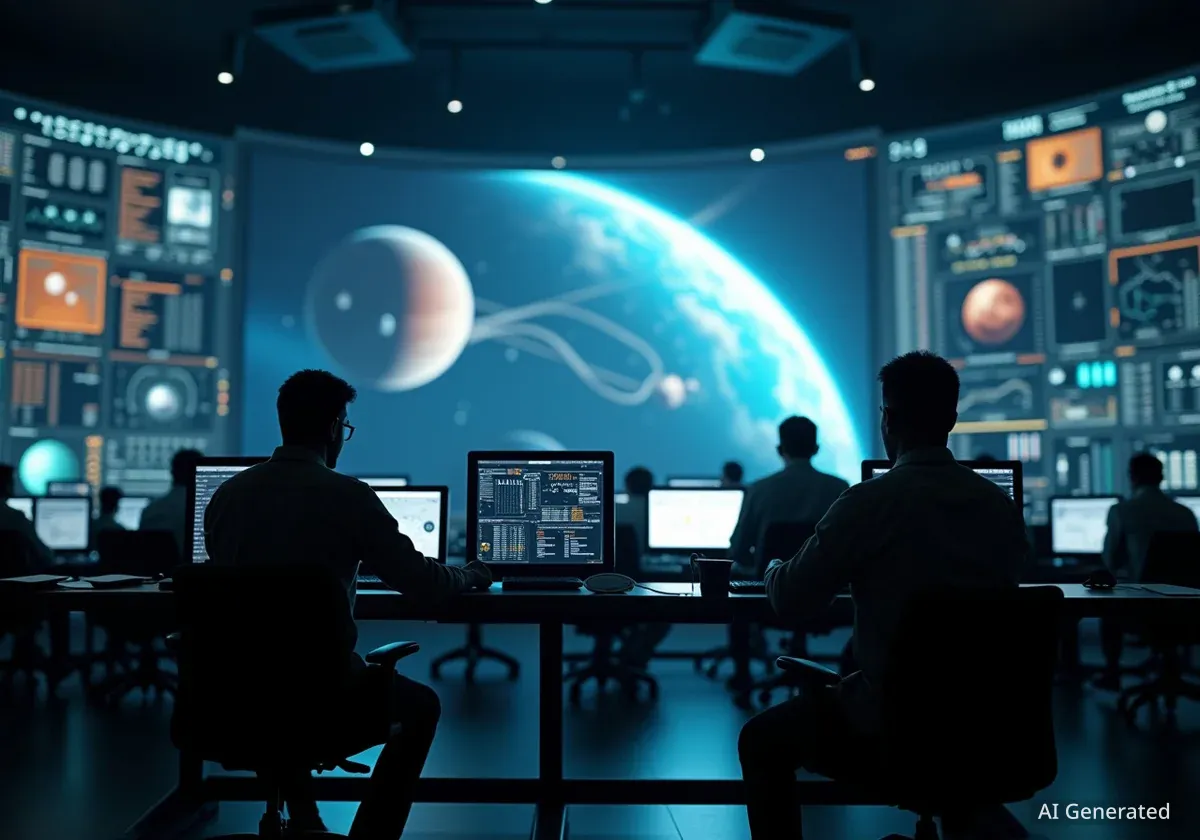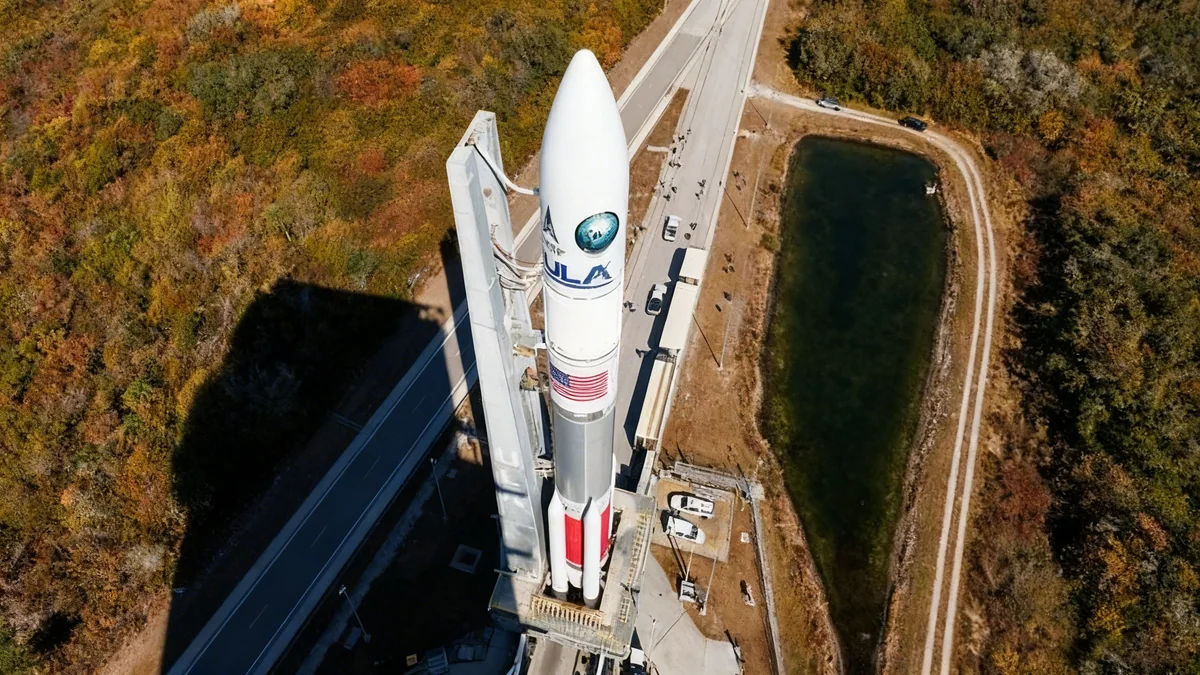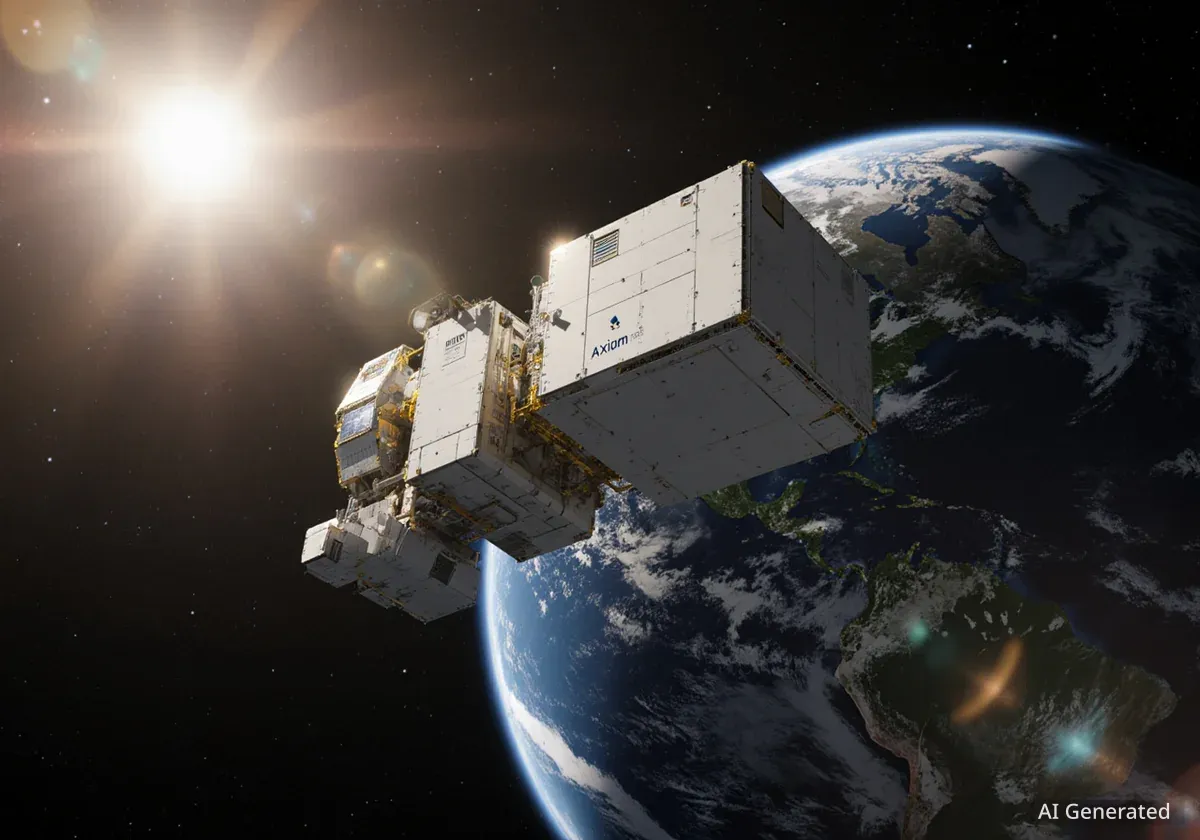Houston-based Starlab Space LLC has announced a new strategic partnership with Saber Astronautics, an Australian company specializing in space operations. The agreement designates Saber Astronautics as a key partner for managing scientific and commercial payloads aboard the future Starlab commercial space station.
Under the terms of the deal, Saber Astronautics will handle both business development and technical implementation for customers wanting to conduct research in low-Earth orbit. This collaboration is designed to streamline access to microgravity research for organizations worldwide.
Key Takeaways
- Starlab Space has partnered with Australia's Saber Astronautics to manage customer payloads.
- Saber will act as both a sales channel and a technical integration partner for the Starlab space station.
- The partnership aims to simplify access to microgravity research for government, academic, and industrial clients.
- Starlab is a U.S.-led joint venture and part of NASA's initiative to develop commercial successors to the International Space Station.
A Dual Role for Saber Astronautics
The agreement establishes a two-part role for Saber Astronautics. First, the company will serve as a channel partner, responsible for engaging new customers and driving business development for Starlab's research platform. This involves identifying potential clients in government, academia, and private industry who could benefit from experiments in a microgravity environment.
Second, Saber will function as an implementation partner. This technical role includes providing comprehensive support to customers throughout their project lifecycle. Services will range from initial feasibility studies to the physical integration of hardware and operational support once the payload is in orbit aboard Starlab.
"Partnering with Saber Astronautics strengthens Starlab’s global reach and reinforces our commitment to building a robust commercial ecosystem," said Marshall Smith, CEO of Starlab Space. "Saber brings both market access and deep technical expertise, ensuring customers worldwide can seamlessly integrate and operate payloads on Starlab."
Expanding Access to Low-Earth Orbit
A primary objective of this collaboration is to broaden the availability of space-based research and development. By creating a more accessible pathway for payload integration, Starlab Space and Saber Astronautics aim to lower the barrier to entry for organizations that have not previously conducted orbital experiments.
The partnership leverages Saber's experience in mission control and spacecraft operations to create a streamlined customer experience. This end-to-end service model is intended to manage the complexities of spaceflight, allowing researchers to focus on their scientific and technological goals.
What is Microgravity Research?
Microgravity is the condition of near-weightlessness experienced in orbit. This unique environment allows scientists to study phenomena in physics, biology, and materials science that are masked by gravity on Earth. Research in microgravity can lead to advancements in medicine, manufacturing, and technology development.
An Australian Milestone in Space
For Saber Astronautics, this agreement marks a significant achievement. The Adelaide-based company will play a crucial role in the operations of a major international space platform, positioning Australia as a key contributor to the future commercial space economy.
Jason Held, CEO of Saber Astronautics, commented on the significance of the partnership. "This agreement represents a major milestone for Saber Astronautics," he stated. "Our team is honored to help customers unlock the benefits of microgravity research, from design to delivery, while advancing Starlab’s vision of sustained international access to low-Earth orbit."
The Starlab Commercial Space Station
Starlab is one of several concepts funded by NASA under its Commercial Low-Earth Orbit Destination (CLD) program. This initiative was created to ensure a continuous U.S. presence in orbit after the decommissioning of the International Space Station (ISS) and to foster a commercial market in LEO.
The station is being designed as a versatile platform capable of supporting a wide range of activities, including:
- Life sciences and biomedical research
- Advanced materials science and manufacturing
- Technology development and demonstration
- National security and defense applications
Starlab Space: A Global Joint Venture
Starlab Space is a U.S.-led transatlantic joint venture. Its primary partners include Voyager Space, Airbus, and Mitsubishi Corporation. The project also involves strategic contributions from MDA Space, Palantir Technologies, Space Applications Services, Northrop Grumman, and The Ohio State University.
The collaboration with Saber Astronautics expands Starlab's international footprint, creating new opportunities for research and development for Australia, the United States, and their allies. It reflects a growing trend of global cooperation in the development of commercial space infrastructure.
Saber's Technological Foundation
Saber Astronautics is recognized for its advanced software and operational tools for the space industry. The company develops next-generation mission control systems that utilize artificial intelligence (AI) and 3D visualization.
These technologies are used by spacecraft operators for real-time flight monitoring, rapid fault diagnosis, and complex systems control. This expertise in software-driven space operations will be critical in managing the diverse array of payloads expected to fly on Starlab.
By integrating Saber's operational knowledge into the payload process, Starlab aims to provide a reliable and efficient platform for the next generation of orbital research and commerce.





